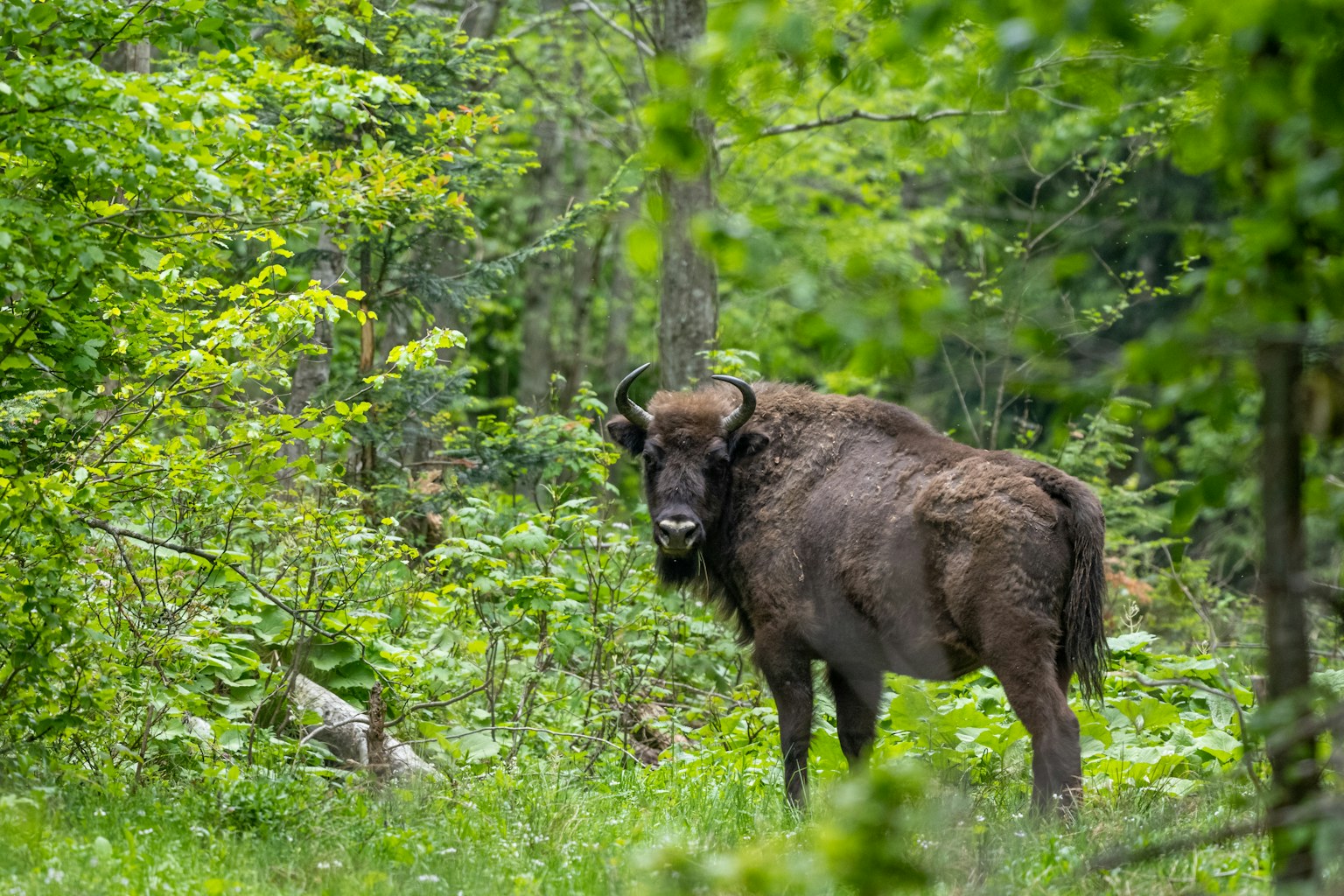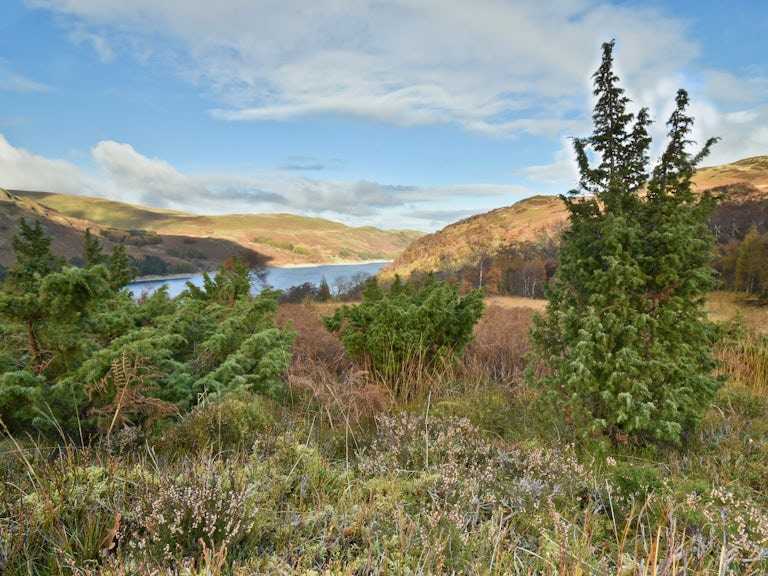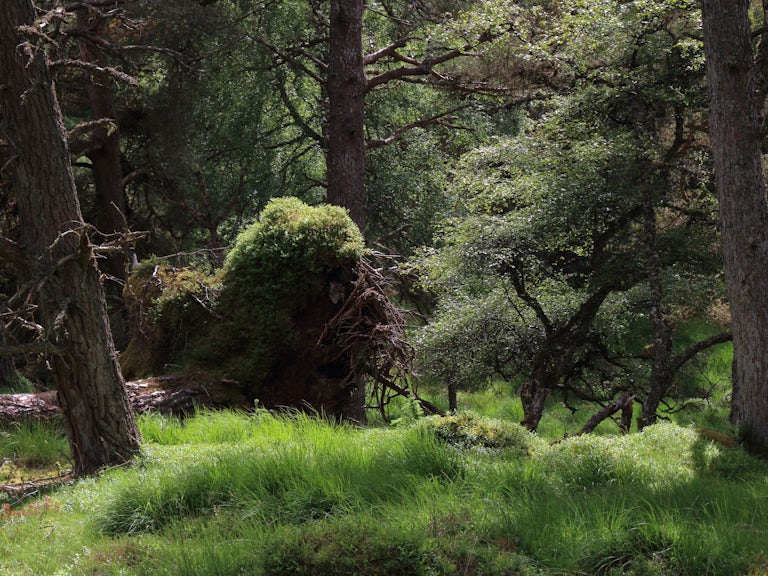Elk, bison & beaver: funding awarded to projects exploring return of lost species

Rewilding projects exploring returning European elk, bison and beaver to Britain with robust ecological planning and community involvement have been awarded funding to bring their vision a step closer to reality.
Charity Rewilding Britain is awarding up to £15,000 to multiple rewilding initiatives in the latest round of the Rewilding Innovation Fund, a twice-yearly fund supporting innovative rewilding efforts.
Among the 13 projects awarded funding early this year, several are exploring returning lost keystone species like bison, beaver and European elk to projects in Britain to boost rewilding efforts and accelerate ecosystem recovery.
“Successfully reintroducing missing species like these is absolutely crucial.… By taking the time and effort to get it right, we can create a more hopeful future for everyone.”

Rebecca Wrigley
Rebecca Wrigley, Chief Executive of Rewilding Britain, said: “Keystone species like elk, bison and beaver play a vital role in bringing nature back to life. They help repair ecosystems and shape wild places in ways that benefit wildlife, people and the climate.
“Successfully reintroducing missing species like these is absolutely crucial. It’s a complex process involving multiple stages of research and development, feasibility studies, impact assessments, and community consultations. By taking the time and effort to get it right, we can create a more hopeful future for everyone.”

Funding is being awarded from Rewilding Britain to Derbyshire and Nottinghamshire Wildlife Trusts for a joint project exploring bringing back elk to Britain.
European elk, the species Alces alces known as moose in North America, are woodland foragers and wetland grazers. Like beavers, they are major ecosystem engineers and have a profound impact on their environment. Their grazing helps promote natural regeneration of woodland, and together with their trampling helps maintain open clearings. Given their fondness for moist vegetation, they can often be found in freshwater wetlands, a habitat also frequented by beavers.
Though beavers have now begun to make a comeback to Britain through several successful reintroductions, the UK currently has no wetland habitats containing both beaver and elk. This project by Derbyshire and Nottinghamshire Wildlife Trusts is hoping to change that, and is working towards the possibility of reintroducing elk into two existing beaver enclosures in the counties, bringing these two keystone species together for the first time in 3000 years in the UK.
Rachel Bennett, Deputy Director of Wilder Landscapes and Derbyshire Wildlife Trust, said: “This exciting project could demonstrate how this crucial ecosystem engineer can thrive in floodplain landscapes, shaping diverse habitats that benefit communities and support biodiversity recovery. It may also serve as a catalyst for engaging people in the long-term benefits of returning elk to the wild.”

A project to reintroduce bison to the south of England has been awarded funding to develop research and evidence-building. Led by Wildwood Trust in Kent, this project will be drawing on learnings from the Wilder Blean project, the first bison reintroduction initiative in the UK led by the Wildwood Trust and Kent Wildlife Trust.
Though the European bison is not native to Britain, its close relative the globally extinct forest bison Bison schoetensacki was here, at least during the Pleistocene. The surviving European bison is widely regarded as a suitable surrogate for this extinct species.
Funding from the Rewilding Innovation Fund will support Wildwood Trust in creating a plan which lays out the rationale and all stages necessary to reintroduce bison to the identified site, which is currently confidential, within five years.
Paul Whitfield, Director General at Wildwood Trust, said, “This funding from Rewilding Britain is enabling us to take the next step in supporting bison reintroduction projects across the UK and inform policy to move the boundaries of bison rewilding. The success of Wilder Blean has demonstrated what an astonishing impact bison can have on their environment in a relatively short space of time, as well as the amazing opportunities their reintroduction presents for eco-tourism and education.
“We’d love to see reintroduction projects like Wilder Blean taking place at appropriate sites across the UK, bringing the benefits of this amazing keystone species to multiple habitats.”

A project by charity Trees for Life, which works to rewild the Scottish Highlands, has been awarded funding to help bring beavers back to the northern Highlands. The charity is working with communities, landowners and partners to ensure beavers are reintroduced to habitats where they can thrive, to create biodiversity-rich, carbon-storing wetlands that will support other wildlife and help tackle the climate emergency.
Trees for Life will use the funding from Rewilding Britain to help identify appropriate release sites and run community events to ensure people are fully informed and involved. Funding will also support objective assessments of the likely impact beavers would have on surrounding land.
A further 10 projects have been awarded up to £15,000 each from Rewilding Britain in this round of the Rewilding Innovation Fund, including a project looking to increase tree species diversity in the Scottish Highlands and a seagrass restoration feasibility study in Cornwall. You can read about all 13 beneficiaries in our blog.



